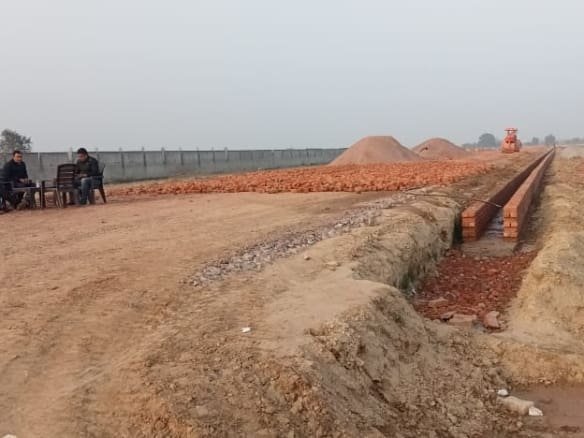Industrial real estate refers to properties used for manufacturing, storage, distribution, and logistics. These properties are essential for businesses that require large spaces for production, warehousing, and transportation. Industrial real estate plays a key role in supply chain operations and economic development.
Types of Industrial Real Estate
Warehouses – Storage and distribution centers for goods and inventory.
Manufacturing Units – Facilities for production and assembly of goods.
Logistics Parks – Large-scale hubs for transportation and supply chain operations.
Cold Storage Facilities – Temperature-controlled warehouses for perishable goods.
Flex Spaces – Hybrid properties combining office and industrial functions.
Key Factors in Choosing Industrial Real Estate
Location – Proximity to highways, ports, and transport networks.
Size & Layout – Sufficient space for machinery, storage, and operations.
Infrastructure – Power supply, ventilation, loading docks, and security.
Zoning & Regulations – Compliance with industrial land use laws.
Investment Potential – Long-term growth, rental demand, and ROI.
Industrial real estate is a vital segment of commercial property, supporting manufacturing, e-commerce, and global trade by providing efficient spaces for production and distribution.


